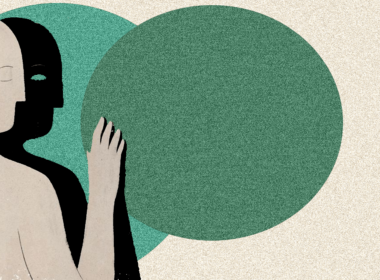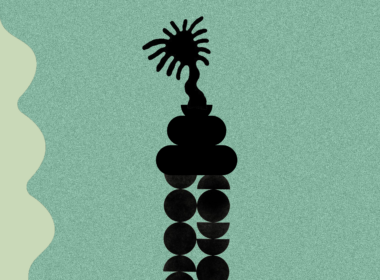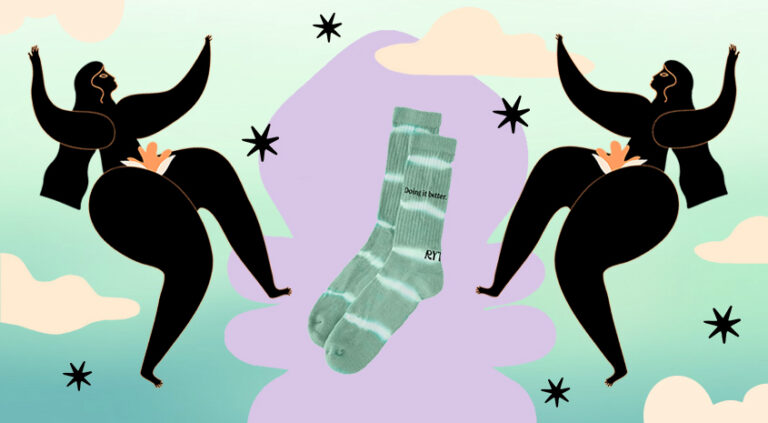Author’s Note: This post mirrors the language used in scientific literature. I use the word ‘woman’ in lieu of ‘pregnant person’ for this reason. Remember that there are people who can become/are pregnant despite not identifying as a woman, there are people with vaginas who do not identify as women, and there are people who identify as women and do not have vaginas (including but not limited to transwomen and nonbinary folks).
A study completed in 2014 confirmed that your ethnicity and ancestry affect your vaginal microbiome.
When we discuss infections and illness, we refer to treatment as restorative – or getting things ‘back to normal.’ What we don’t often take into account is that variation is what is ‘normal’ for different people. Every person’s baseline version of ‘health’ is different – people who have chronic illnesses or diagnoses, people with differences in ability (or disabled persons), etc. all have different versions of their own ‘normal.’
Yet simultaneously, our healthcare systems often treat all individuals in incredibly similar ways (if not the exact same). The aforementioned 2014 study confirmed that ‘normal’ fails to capture the differences in the vaginal microbiome.
The Vaginal Microbiome
The vaginal microbiome is a complex biological system that is made up of different microorganisms like bacteria and fungi that all work together to keep your vagina clean and healthy. You can’t see any of these organisms.
When your vaginal microbiome is out of whack – for example, there are increased levels of yeast or certain bacteria – you can end up with infections like bacterial vaginosis (BV) or yeast infections.
One of the most interesting findings of this study is that ethnicity was considered a significant influence on the amount of BV-related bacteria. They found that African American women, compared to women with European ancestry, were more likely to have more diverse microbiomes that put them at higher risk for BV infections. Plus, this difference was found in people who were considered healthy.
Health Disparities Between Groups
When there are large differences that are preventable in health outcomes (for example, if a sickness consistently affects some people more than others), we call that a health disparity.
This study also revealed that it was more common for pregnant African American women to have specific harmful bacteria present in their wombs during pregnancy compared to women with European ancestry. The present microorganisms can lead to preterm births.
Learn more about your Microbiome
If you are curious about learning more about your microbiome, you can check out Evvy, a company that provides at-home vaginal microbiome testing.
People who should consider becoming ‘Vaginal Microbiome Nacy Drews’ are those who have a vagina, have recurrent infections or symptoms, or are undergoing hormonal changes (like menopause).
The benefits of testing your microbiome include understanding your body and health and you can find specialized treatments that will work for you (rather than doing what everyone does and hoping it works).
Written By: Gigi Singer, MPH, Sexuality Educator








